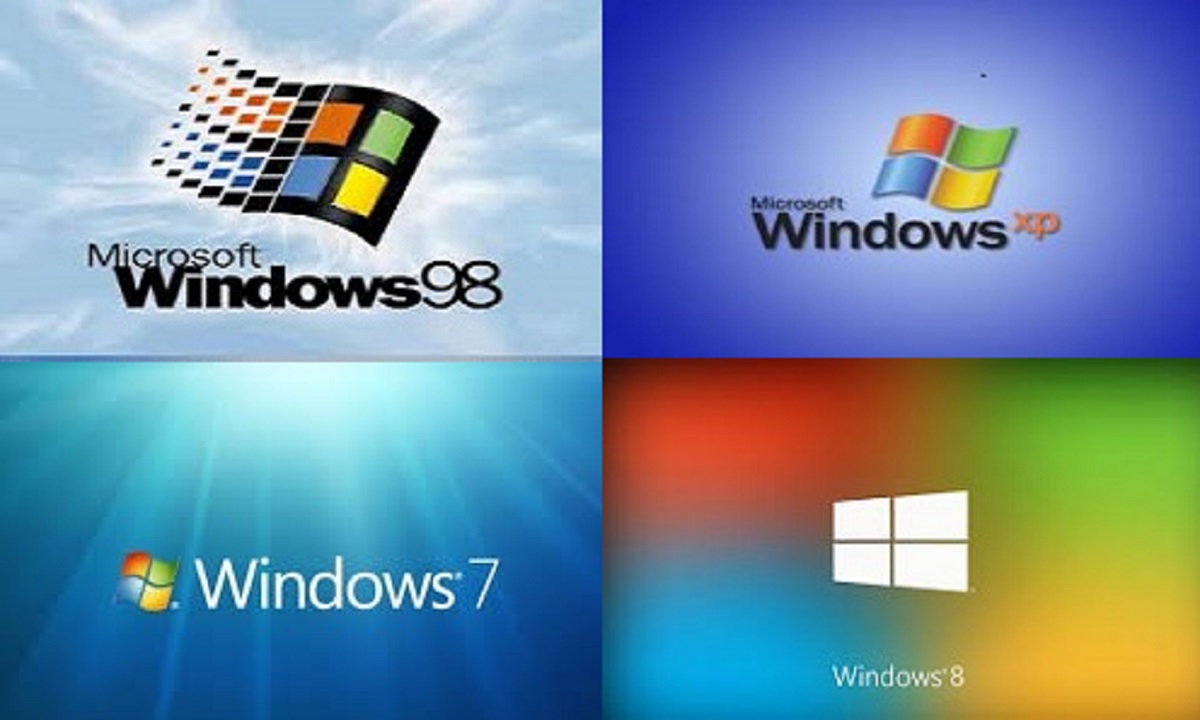There are many risks associated with outdated operating systems. Upgrading an operating system should not be avoided as a cost-savings measure. The regular OS updates may seem minuscule or unimportant, but you're missing out on important security updates. All operating systems eventually get left behind and unsupported in favor of new technology and features. Microsoft Windows delivers quality updates, which are concerned with security and bug fixes, and feature updates that help with usability.

Security Risks
When an operating system is marked 'end-of-life,' prepare early to make a smooth switch to the latest supported operating system by that date. When the publisher stops supporting an operating system, there will be no further updates. If your system is unsupported, the security risk worsens over time. A hacker targeting your computer will take advantage of these vulnerabilities to access your system and your personal information.
Third-party Software
Additionally, third-party software engineers stop supporting programs for older operating systems. Software companies decide to maximize their profits and minimize time spent updating software for an operating system with such a small market share. Typically when an OS reaches the end of its lifecycle, its market share drops considerably. If you continue using an unsupported OS, third-party software may not run.
Microsoft Windows OS
Most computers come with a Microsoft Windows operating system. Microsoft no longer supports Windows XP and Windows Vista. And as of January 14th, 2020, the popular Windows 7 operating system reached the end of its lifecycle and is no longer supported. Microsoft currently supports Windows 8.1 and Windows 10.
Users should ideally transition to Windows 10 because Microsoft will continue supporting Windows 10 for the foreseeable future. Microsoft is taking an approach similar to Apple and will continue with two major operating system updates each year instead of replacing it. Security updates will continue to be released as Microsoft discovers security risks and fixes them. Microsoft seems to be making Windows 10 a 'Core OS.' For any Windows user with a licensed version of Windows 7 or Windows 8.1, a free update is available to Windows 10.
Apple macOS
If you work on an Apple computer with macOS, the problem is similar. Apple doesn't provide end-of-life updates and warnings like Microsoft. When Apple decides to stop supporting an operating system, your computer will stop receiving updates. Generally, Apple will update the three most recent macOS versions with regular security updates. The current operating systems are macOS 10.14 - Mojave, macOS 10.15 - Catalina, and macOS 11 - Big Sur. The previous version, macOS 10.13 High Sierra, was dropped from updates in December 2020.
If you need help updating your Operating System, please feel free to contact us.